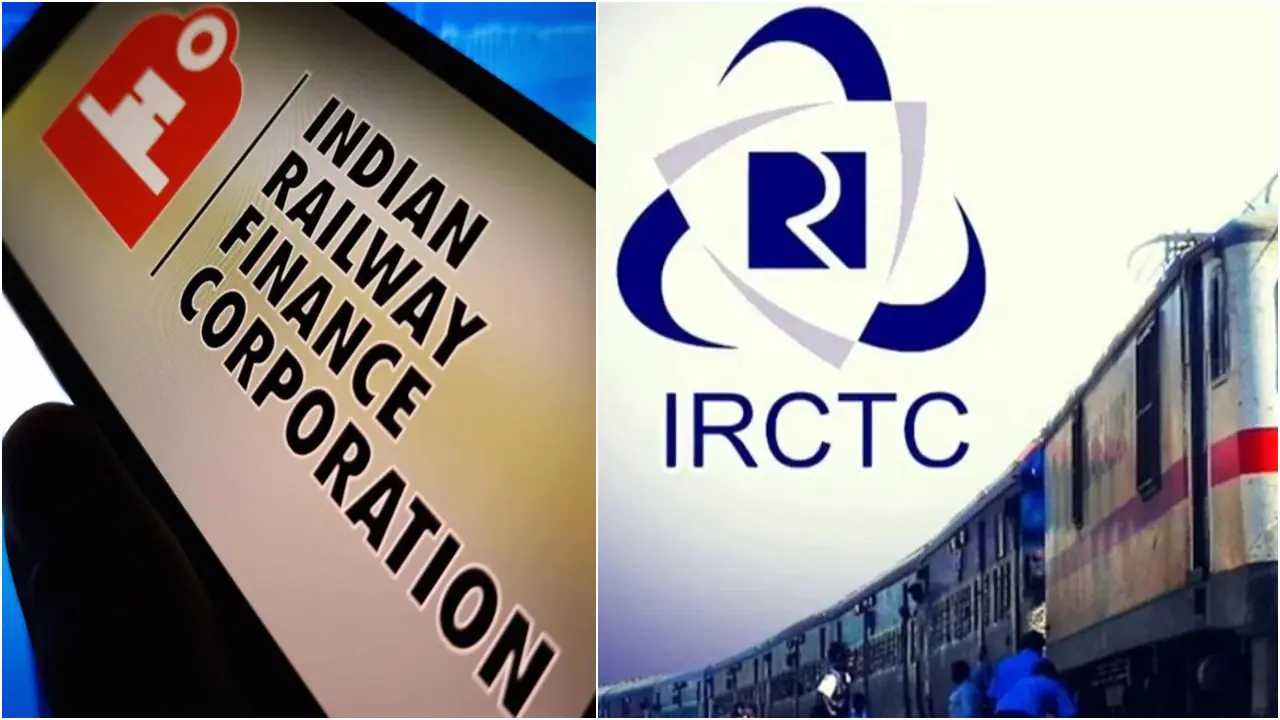- Courses
- GS Full Course 1 Year
- GS Full Course 2 Year
- GS Full Course 3 Year
- GS Full Course Till Selection
- CSAT
- 5 LAYERED ARJUNA Mentorship
- Public Administration Optional
- Online Program
- GS Recorded Course
- NCERT Batch
- Polity Module Course
- Geography Module Course
- Economy Module Course
- AMAC Module Course
- Modern India, Post Independence & World History Module Course
- Environment Module Course
- Governance Module Course
- Science & Tech. Module Course
- International Relations and Internal Security Module Course
- Disaster Management Module Course
- Ethics Module Course
- Essay Module Course
- Current Affairs Module Course
- ABOUT US
- OUR TOPPERS
- TEST SERIES
- FREE STUDY MATERIAL
- VIDEOS
- CONTACT US
India Becomes the 2nd Country to Implement EPL for Pilots
India Becomes the 2nd Country to Implement EPL for Pilots
22-02-2025

- In February 2025, India became the 2nd country in the world to implement the Electronic Personnel License (EPL) for pilots, after China.
|
Do you know ?
|
What is EPL and Why is it Significant?
- This system will allow pilots to digitally access their licenses via the eGCA app.
- This makes it more convenient, efficient, and secure.
- It will also facilitate real-time verification by global agencies, ensuring enhanced safety and compliance with international standards.
- The move aligns with India’s Digital India initiative, which aims to leverage technology for public convenience and governance improvements.
Why is India Facing a Surge in Pilot Demand?
- According to the Civil Aviation Minister, India is expected to need at least 20,000 pilots in the coming years.
- This is due to the rapid growth of the aviation sector, driven by rising air travel demand.
- India’s airline industry is set to receive 1,700 new aircraft, further contributing to the need for additional trained pilots.
- The country is also on track to expand its aviation infrastructure, with 50 new airports planned over the next 5 years, bringing the total to 157 airports (from 78 to 157, double the number in the past decade).
How Does EPL Improve the Aviation Sector?
- The EPL system enables pilots to access their licenses instantly, cutting down on manual processes and improving operational efficiency.
- It also improves safety by allowing for easier verification of pilots’ credentials, ensuring they meet international aviation standards.
- This technological innovation reflects India’s dedication to improving its aviation governance and aligns with the International Civil Aviation Organization (ICAO)’s vision for modern aviation management.
Where Does India Stand in Global Aviation?
- India is set to become the third-largest aviation market by 2026.
- With the launch of EPL, India has solidified its position as a global leader in aviation innovation.
- The move enhances India’s role in the international aviation community, fostering greater interoperability and aligning with global best practices.
- The DGCA’s efforts in implementing the system also underscore India’s growing commitment to providing world-class aviation services and infrastructure.
AboutICAO (International Civil Aviation Organization)
|
What are the Government initiatives ?
- UDAN (Ude Desh ka Aam Nagrik): Launched in 2016, this regional connectivity scheme aims to make air travel accessible to the masses by connecting underserved and unserved airports.
- It offers subsidized fares and incentives to airlines to operate on these routes, thereby promoting economic growth and tourism in smaller towns and cities.
- Digi Yatra: This program promotes a seamless and paperless air travel experience through the use of digital technologies. It enables passengers to verify their identity and travel documents digitally, reducing wait times and improving efficiency at airports.
- National Civil Aviation Policy (NCAP) 2016: This policy provides a comprehensive framework for the development of the civil aviation sector in India. It covers various aspects such as regional connectivity, safety, air transport operations, fiscal support, and maintenance, repair.
These government initiatives have played a significant role in the growth and transformation of India's civil aviation sector.
|
Also Read |
|
| Public Administration Optional | |
| UPSC Monthly Magazine | Question Answer Practice For UPSC |




